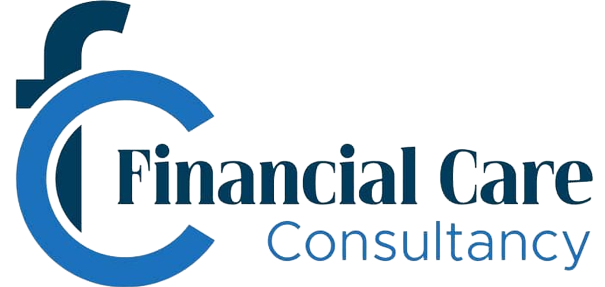Interviews are an essential part of the job search process. They provide a chance for employers to get to know candidates better and assess their suitability for a role. While interviews can be nerve-wracking, preparation and confidence can help you make a great impression and land your dream job. Here are five tips to help you ace your next job interview.
- Research the company
Before attending the interview, it’s essential to research the company thoroughly. This will help you understand their mission, values, products or services, and other critical information. You can visit the company’s website, read their social media profiles, and conduct a Google search to learn more about their business.
During the interview, the employer may ask you about the company, so it’s crucial to be prepared. Having a good understanding of the company can help you tailor your answers to their specific needs and show that you are genuinely interested in the job.
Additionally, researching the company can help you determine whether it’s the right fit for you. You can learn about the company culture, their approach to employee development, and other factors that could influence your decision to accept a job offer.
- Dress appropriately
Your appearance plays a crucial role in the interview process. It’s important to dress appropriately and professionally to make a great first impression. Your outfit should be clean, ironed, and well-presented.
The level of formality for dress code can vary depending on the company culture and the job you are applying for. If you are not sure about the dress code, it’s always best to err on the side of caution and dress more formally. For example, a suit and tie for men and a business suit or dress for women is usually a safe bet.
It’s also essential to avoid wearing anything too flashy or revealing. You want to be remembered for your skills and experience, not your fashion choices. It’s better to dress conservatively rather than risk coming across as unprofessional.
- Practice your responses
Practicing your responses to common interview questions can help you feel more confident and prepared. You can ask a friend or family member to conduct a mock interview with you or use online resources to practice.
Common interview questions include “What are your strengths and weaknesses?”, “Why do you want to work for this company?”, and “Tell me about a time when you overcame a challenge.” By preparing your responses in advance, you can ensure that you are highlighting your skills and experience effectively.
It’s also essential to practice your body language and tone of voice. You want to appear confident, engaged, and enthusiastic about the job. By practicing your responses and body language, you can increase your chances of making a great impression on the interviewer.
- Show enthusiasm
Showing enthusiasm and a positive attitude can make a great impression on the interviewer. Smile, make eye contact, and demonstrate your interest in the role and the company.
One way to show enthusiasm is to ask the interviewer questions about the company or the role. For example, you could ask about the company culture, the training opportunities, or the work-life balance. This can help you gain a better understanding of the company and the role, and also show the interviewer that you are serious about the opportunity.
It’s also essential to show gratitude for the opportunity to interview. Thank the interviewer for their time and consideration, and express your interest in the job. You want to leave a positive impression on the interviewer, and demonstrating enthusiasm is one way to achieve that.
- Follow up after the interview
After the interview, it’s essential to follow up with the interviewer. Send a thank-you email or letter within 24 hours of the interview, thanking the interviewer for their time and reiterating your interest
in the role. This can help you stand out from other candidates and demonstrate your professionalism and interest in the job.
In the follow-up email, you can also include any additional information or materials that the interviewer may have requested during the interview. For example, if they asked for references or a portfolio, you can attach those documents to the email.
It’s important to keep the follow-up brief and professional. Avoid coming across as pushy or demanding, and simply express your gratitude and interest in the role. This can help you maintain a positive relationship with the interviewer, even if you don’t get the job.
Conclusion
Job interviews can be stressful, but with the right preparation and mindset, you can make a great impression and land your dream job. Remember to research the company, dress appropriately, practice your responses, show enthusiasm, and follow up after the interview. These tips can help you stand out from other candidates and demonstrate your professionalism and interest in the role. Good luck!




